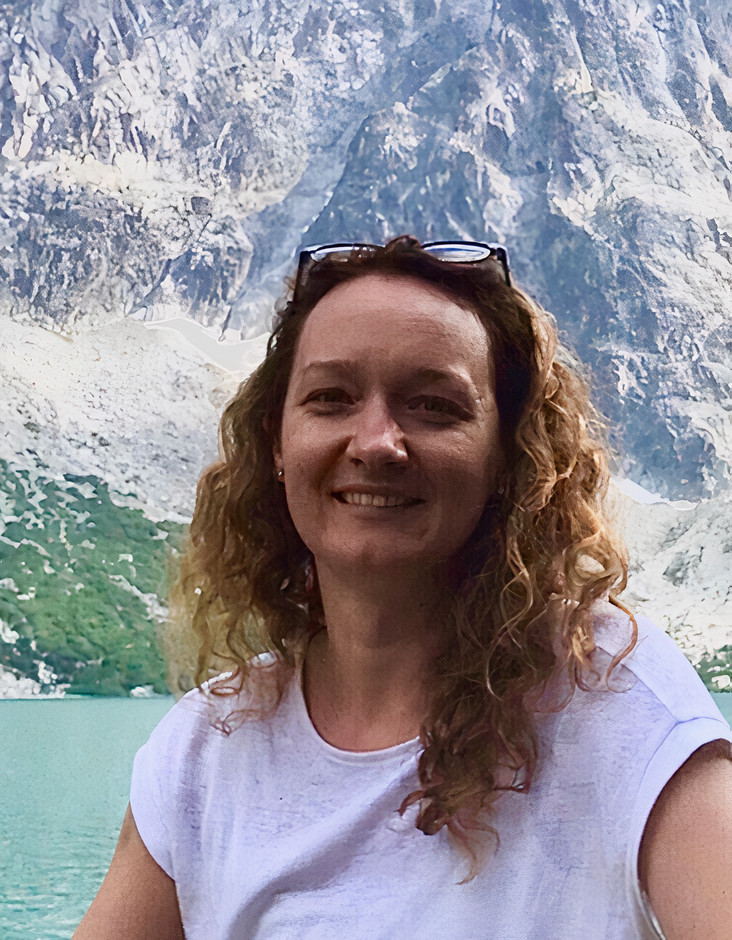An Ecosystem-Based Approach to Seaweed Aquaculture

A scientist and a seaweed farmer, Dr. Simona Augyte is as cool as they come. Dr. Augyte is a leader in seaweed science who specializes in seaweed genetics. Highly collaborative, her current projects range from optimizing specimen genetics, understanding the ecosystem benefits of seaweed farming, to charting out the future of open-ocean aquaculture. She even had a good stint growing seaweed to lessen cow burps. Come learn why the Department of Energy, presidential campaigns, and California moms are all so excited about the future of seaweed!
— Jessica Couture and Phoebe Racine, Bren PhDs
An H. William Kuni Bren Fellowship Program speaker
Abstract
For centuries, humans have harvested various seaweeds for food, medicinal purposes, feed, and more recently as raw materials for industrial processes. As human population continues to rise, seaweeds have become increasingly important in global food security and production with aquaculture experiencing exponential growth in the last 50 years. In the USA, projections for edible seaweed production are expected to double in the next five years. To meet this growing demand, the MARINER program funded by the U.S. Dept. of Energy is one of the larger nationwide initiatives focused on increasing seaweed production for bioenergy. As interest in commercially viable species continues, it is critical to have baseline information regarding the underlying genetics of the wild populations to guide sustainable practices. For example, an important component of breeding superior cultivars is selecting high yielding, disease and thermally tolerant strains able to withstand growing in low nutrient offshore conditions. Some of the results of this research include efforts for gene banking or strain preservation and identifying phenotypic variation and hybrid vigor as well as the genetic structure of sugar kelp (Saccharina latissima) populations. Finally, the ecosystem services provided by mariculture farming will be discussed.
Bio
Dr. Simona Augyte has over 10 years of experience working with macroalgal cultivation, genetics and reproduction. She has conducted extensive research on the ecophysiology and breeding of brown, green and red seaweeds. Simona has expertise in the life-cycle assessment and manipulation of various stages of algal development, specifically the immortalization of the haploid, gametophyte stages of kelp. Her previous employment includes academia as well as the industry in both temperate and tropical ecosystems. She is passionate and dedicated to fostering sustainable mariculture development in the US for food, feed, and bioenergy production.